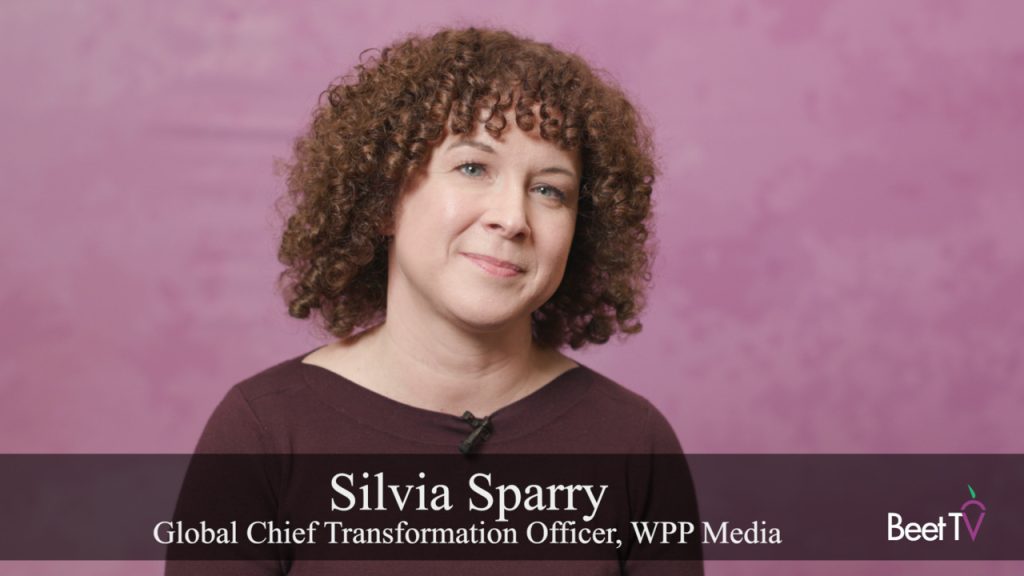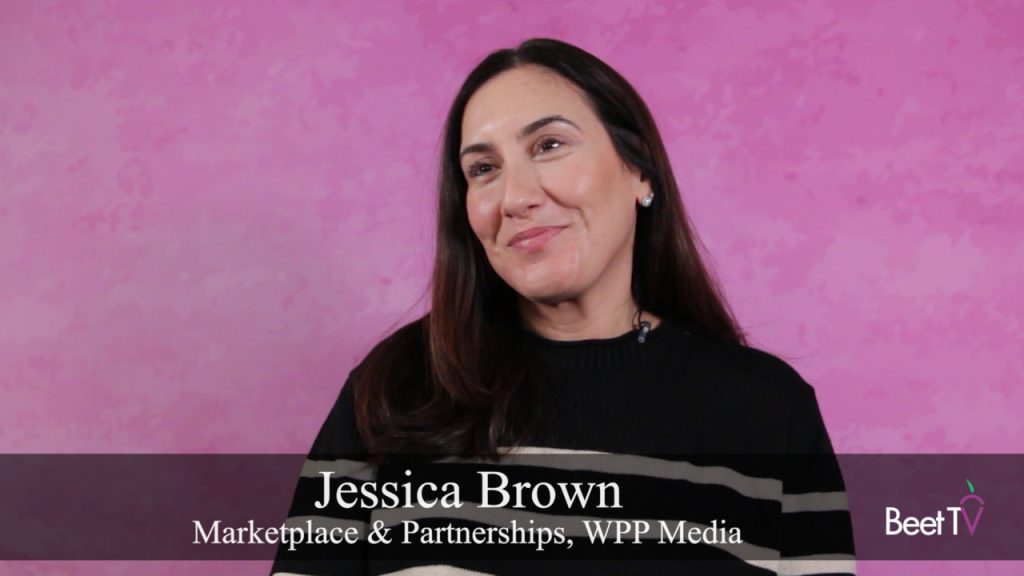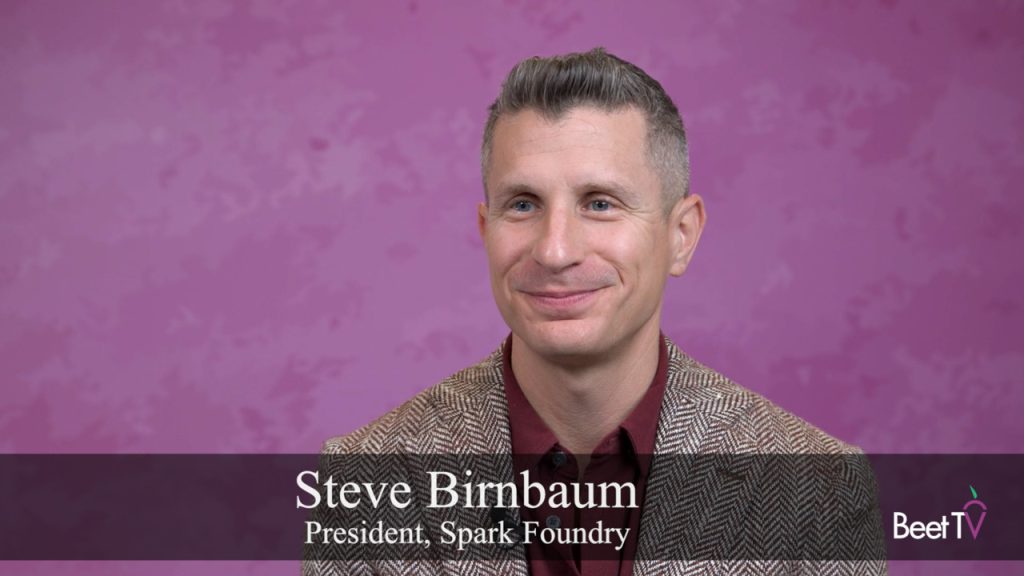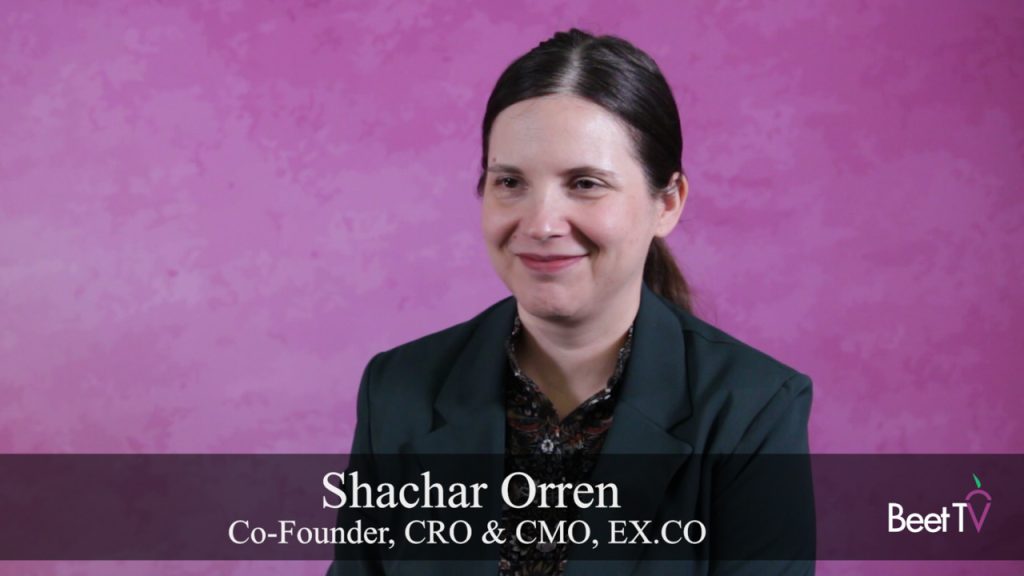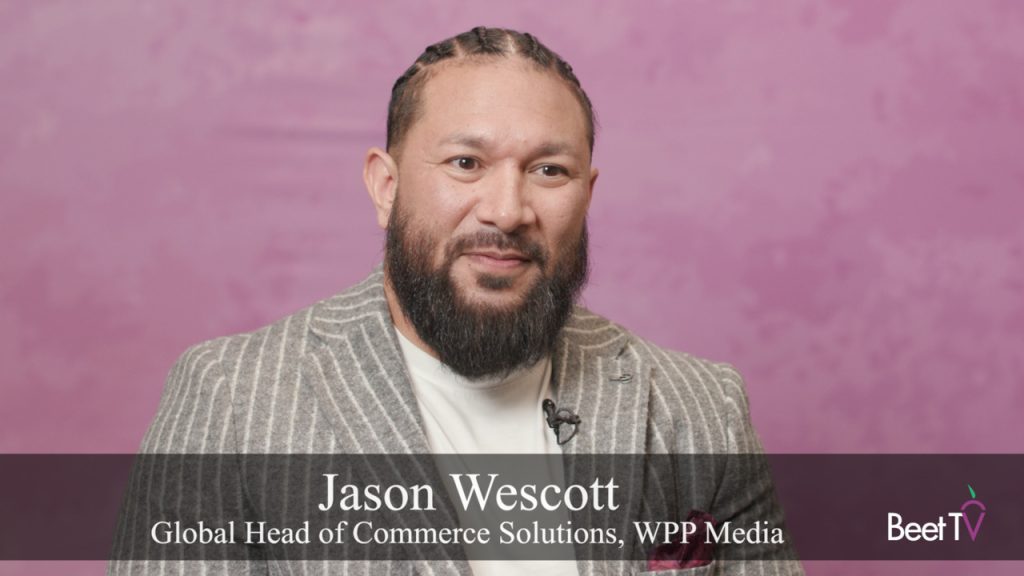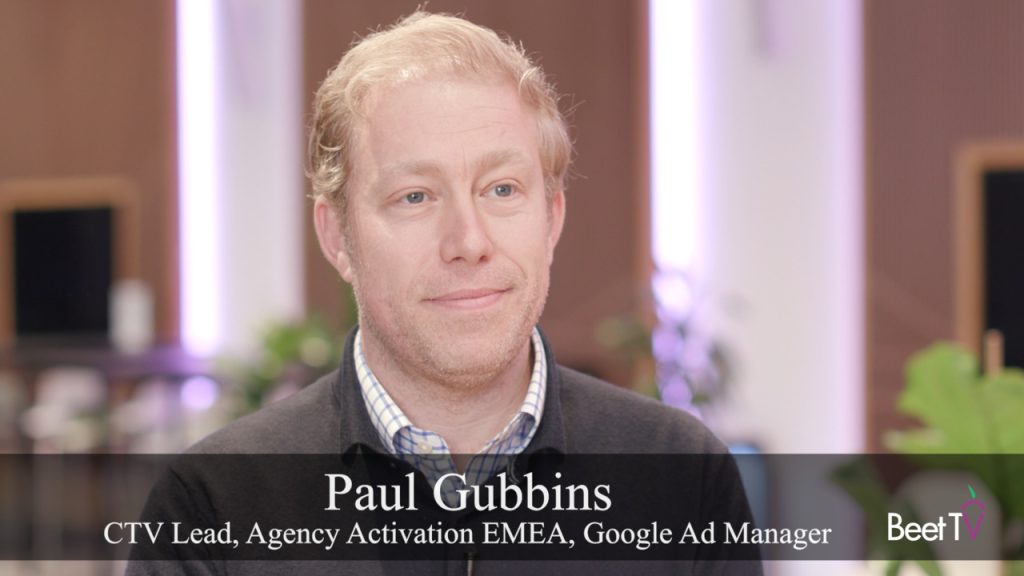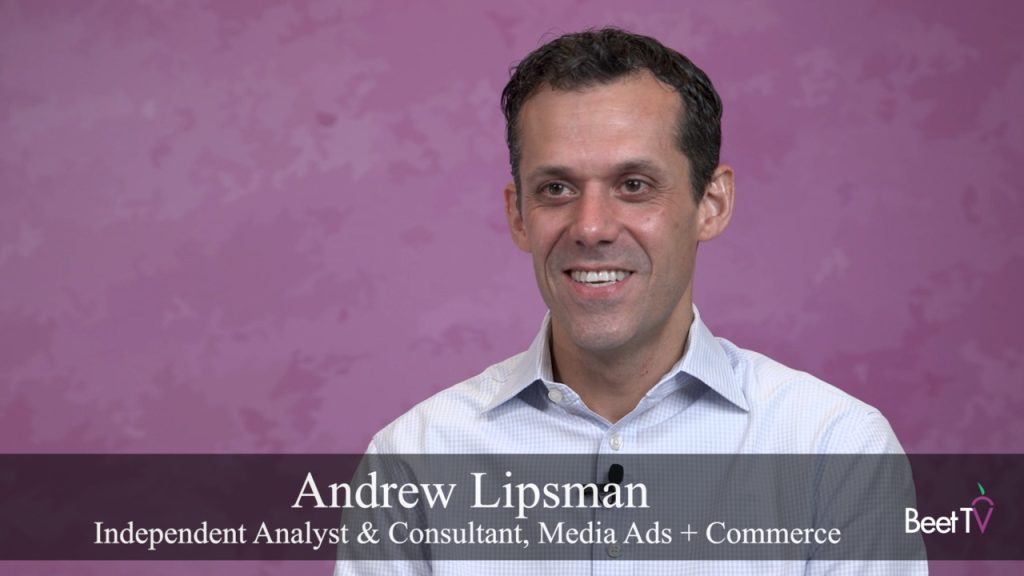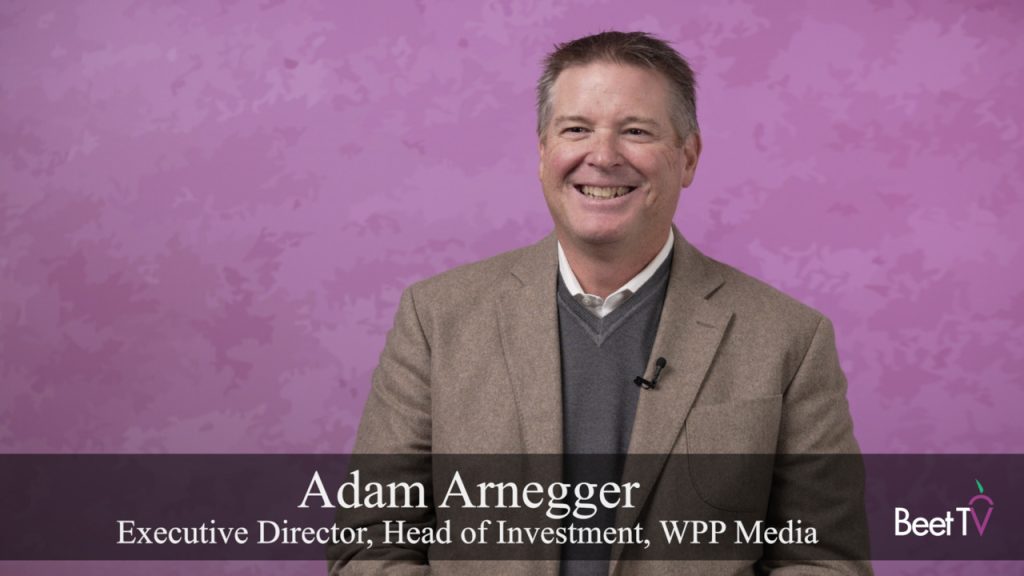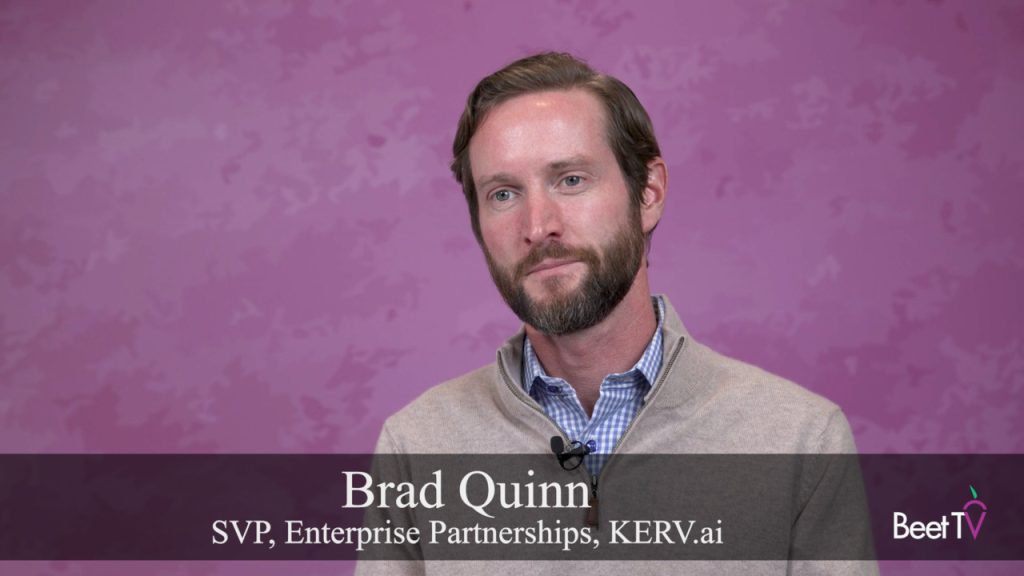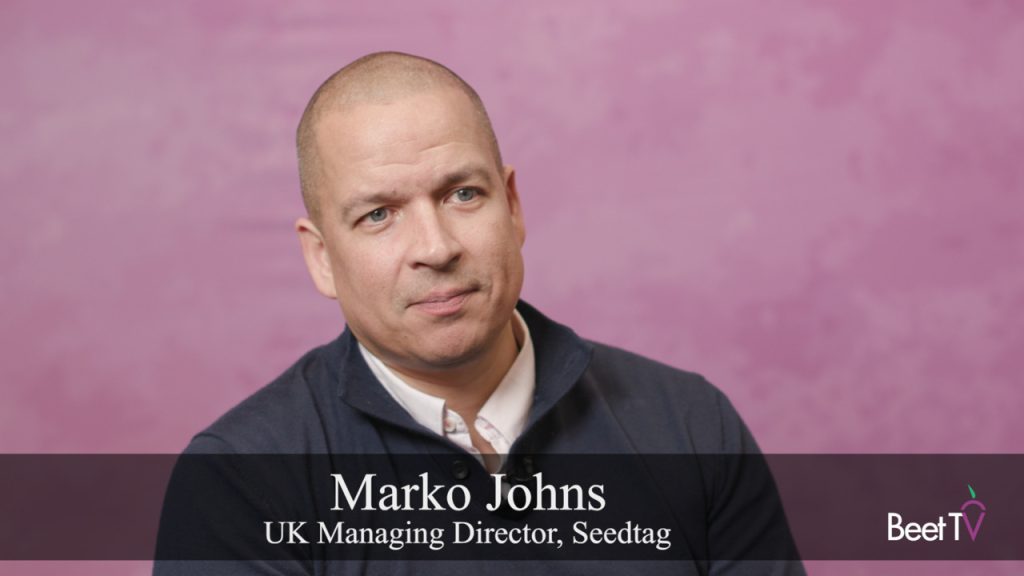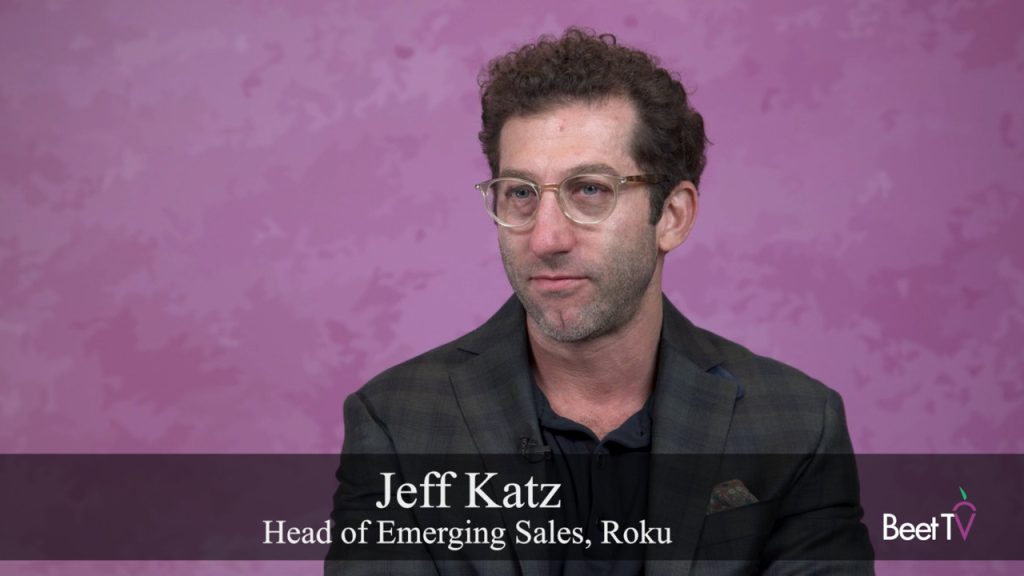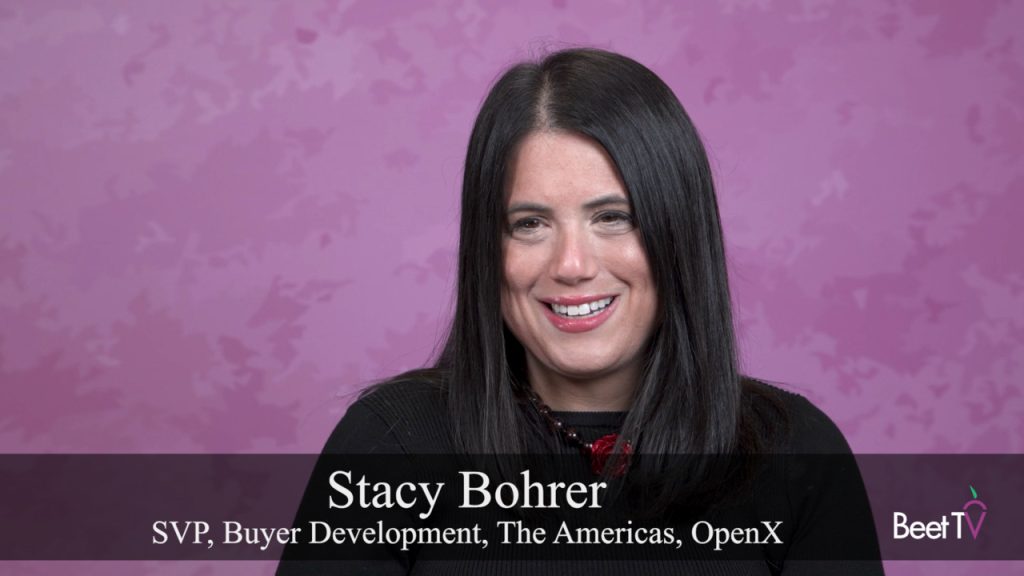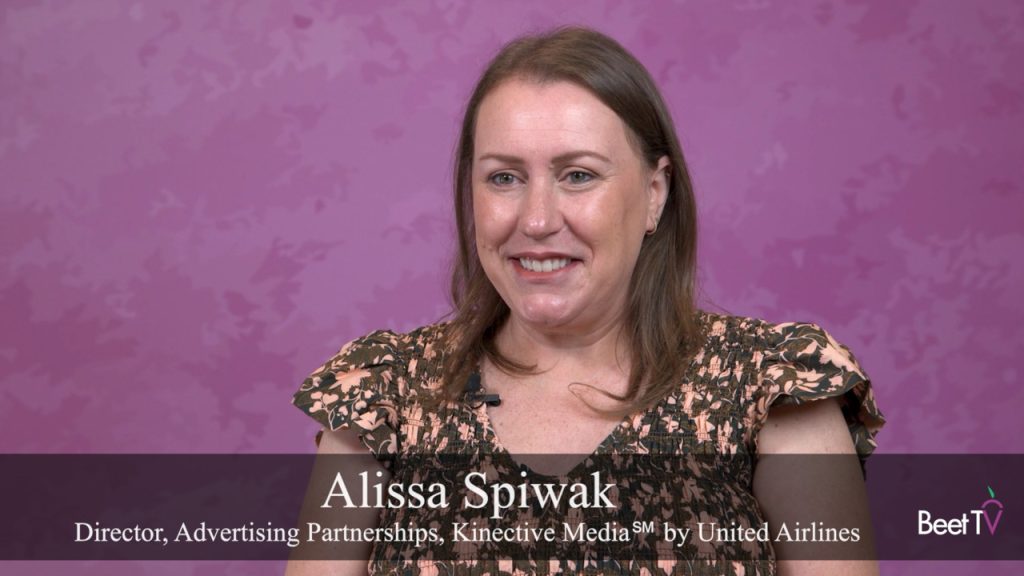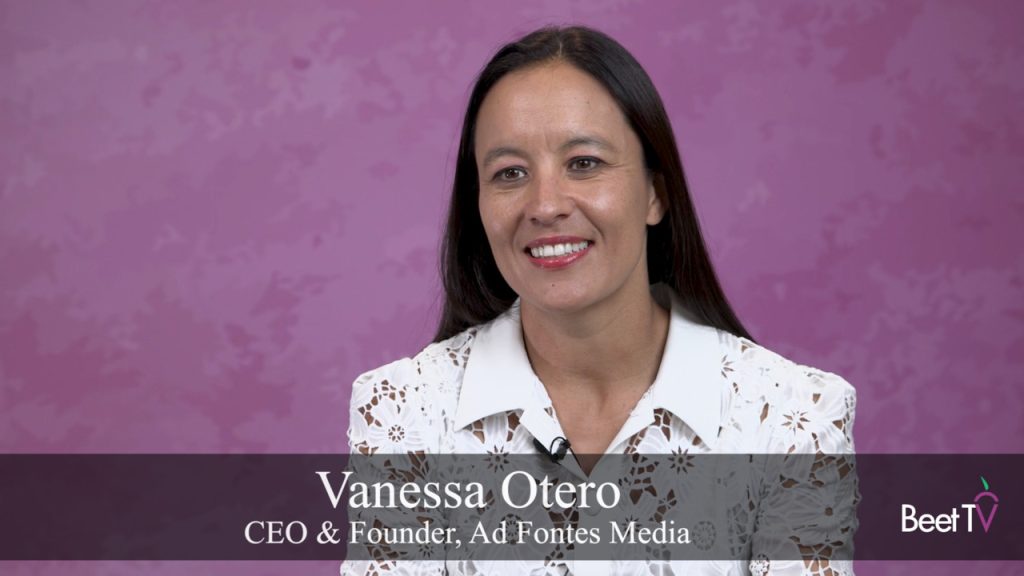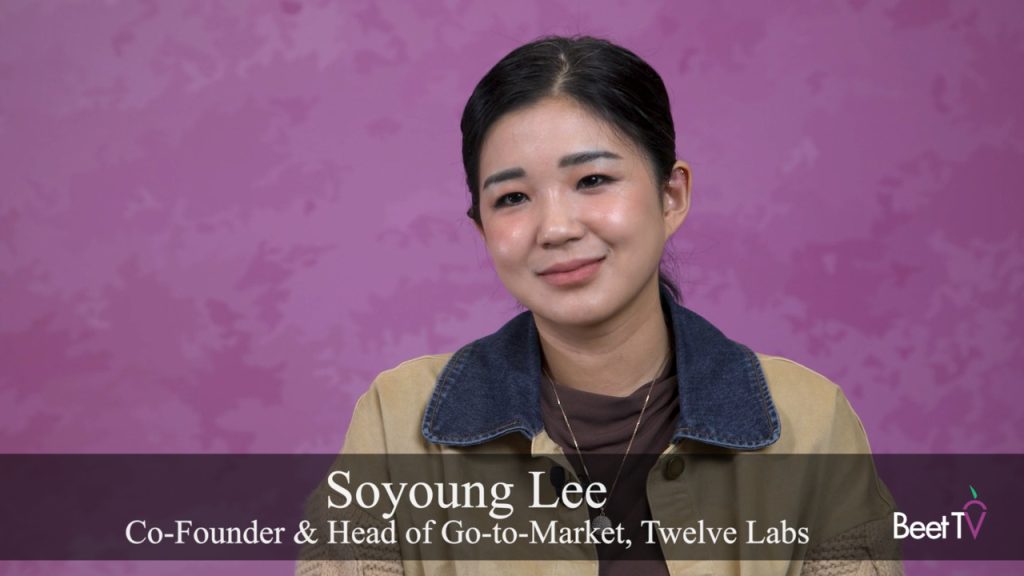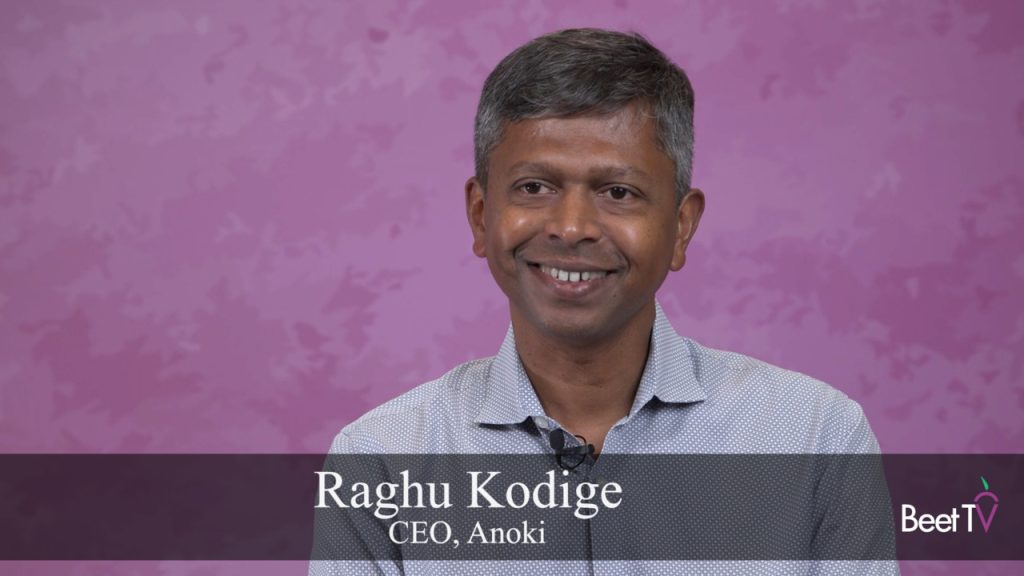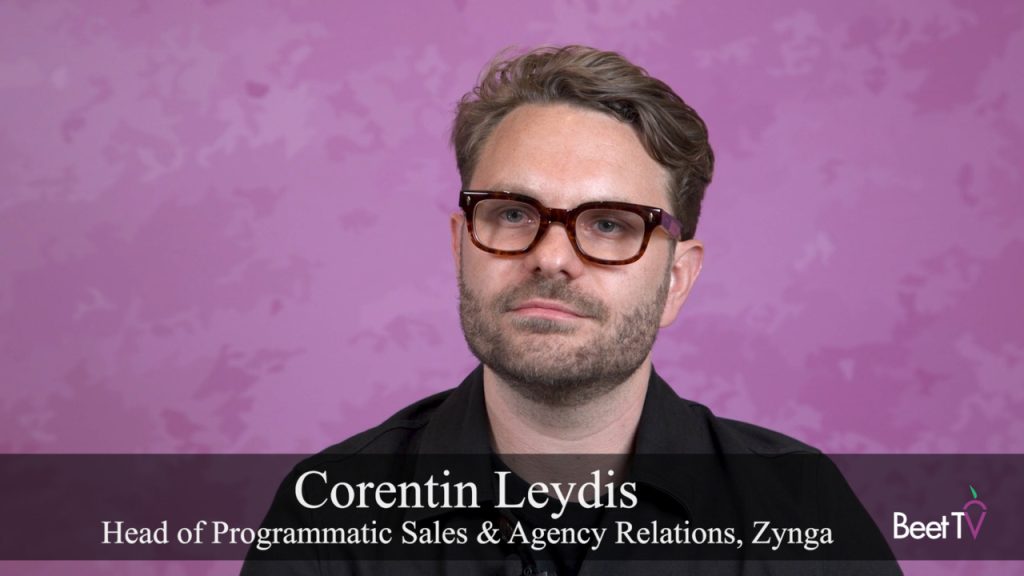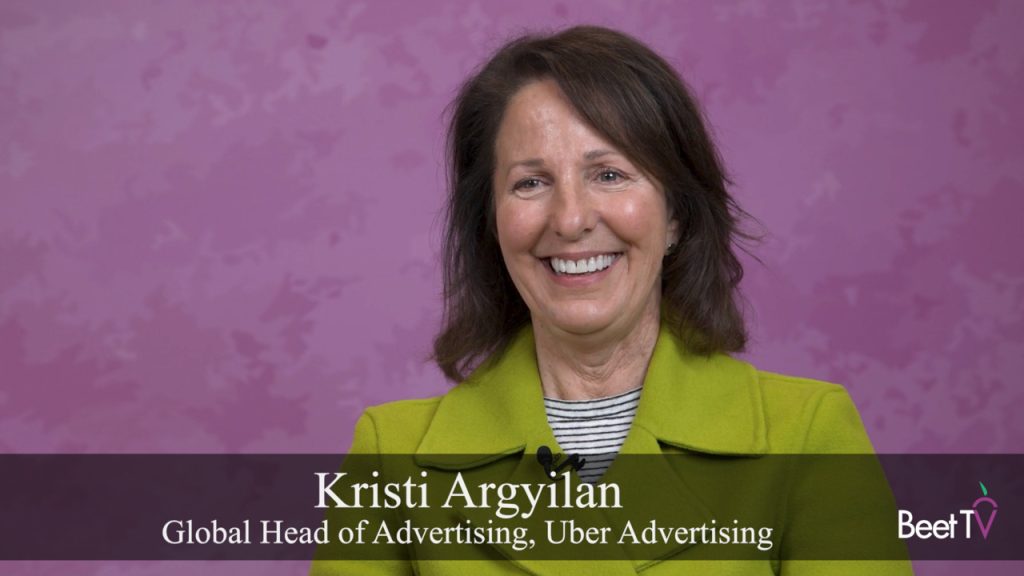ORLANDO, Florida – For the first time, the digital advertising industry—via the Trustworthy Accountability Group—has a formal partnership with federal law enforcement agencies to combat criminal activity, TAG President and CEO Mike Zaneis says in an interview with Beet.TV. Since its founding, TAG members have been sharing intelligence about bad actors in the digital advertising space so that the group can set anti-fraud standards.
“We’re working with the Department of Homeland Security, the FBI and Department of Justice,” Zaneis says during a break at the Masters of Marketing Conference of the Association of National Advertisers.
Word of TAG’s interaction with federal agencies surfaced earlier this year, as reported by Advertising Age and MediaPost.
Once the TAG collects information about fraudulent activity and shares it with the advertising industry, “We put it into an actionable format so that law enforcement can go after the criminals. That’s really key,” Zaneis explains.
With more than 120 member companies, TAG’s mandate is to bring greater transparency to the digital ecosphere. “So you know your business partners are legitimate companies, not criminals, and that you are getting what you think you are buying from a marketer’s perspective,” says Zaneis, who is the former EVP and General Counsel for the Internet Advertising Bureau.
Continued double-digit growth in digital advertising spending masks potential criminal activity, according to Zaneis. “We know there’s a lot of opacity, there’s a lot of criminal activity, ad-supported piracy, distribution of malware and, of course, the selling of non-human, fraudulent traffic,” says Zaneis.
While some people are willing to share more information about themselves than are others online, when it comes to identity theft, everyone’s on the same page.
“Advertising is actually used as a delivery mechanism for much of the malware that then allows for identify theft and privacy concerns,” Zaneis says. “The industry has to do better to protect consumers.”
Nonetheless, he believes this year marks a turning point in the efforts to combat digital ad fraud. “I think we’ll look at 2016 as that year of transition where the industry, at least in the U.S., was able to finally wrap our arms around some of these endemic challenges,” Zaneis says.
We interviewed him at the ANA Masters of Marketing annual meeting in Orlando. This video is part of a series produced at the conference. Beet’s coverage is sponsored by Cadent. For more videos from the series, please visit this page.







